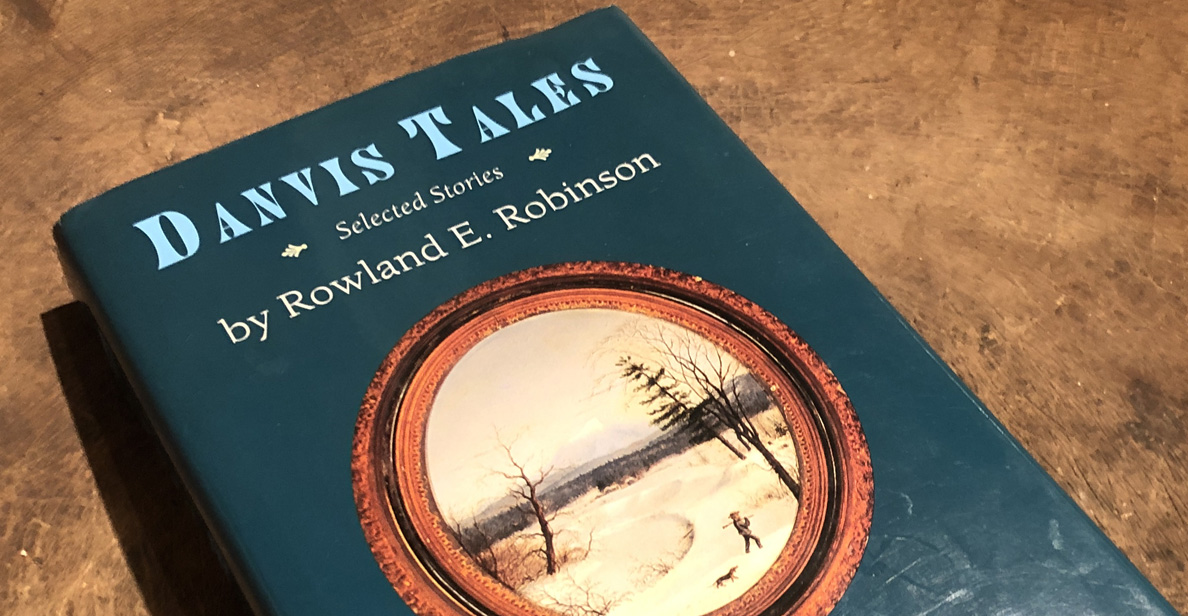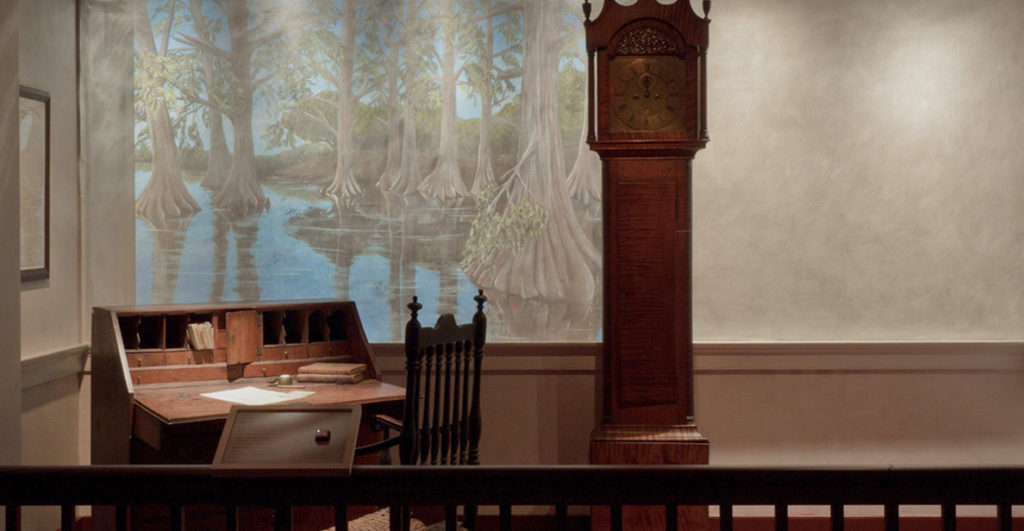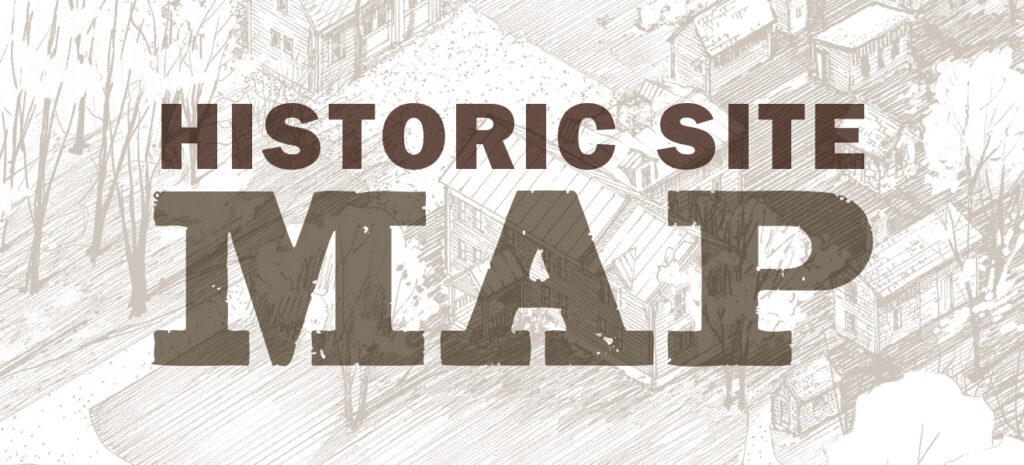“Delightful, Complex, and Real People.”

Today’s readers will find both enjoyment and discomfort in Rowland Evans Robinson’s writings. Rokeby feels that Vermont poet and R.E.R. editor and enthusiast David Budbill (1940–2016) explores these dichotomies best in his preface to Danvis Tales: Selected Stories by Rowland E. Robinson:
I first read Rowland Robinson in the early 1970s when my friend Hayden Carruth urged Robinson upon me. I fell in love with him immediately, with his elegant and graceful prose, his precise eye for describing the minute details of the natural world, and with his delightful, complex, and real people.
Robinson’s prose is different from what we are used to today. The syntax of his sentences makes music out of words. His visual sense, his ability to make the written word paint vivid and accurate pictures of this world, is uncanny.
Among the few who still know Robinson, he has, I fear, a reputation as a folksy, funny, down-home kind of writer. Although all of those adjectives apply, I want to suggest that there is far more to Rowland Robinson than that.
Robinson is candid, for example, about the relations between men and women. There is more than a little tension, and some open animosity, between the sexes in [the Danvis] stories. Hayden [Carruth] points out that Rowland Robinson tells us what we as American’s and New Englanders are: our character, our heritage, our predicament.”
Where Robinson stood on the racism and ethnic prejudice rampant in these stories is sometimes difficult to say. Robinson gives us, as any real writer would, the full spectrum of attitudes toward American Blacks. [Of French Canadians, however,] there is evidence that Robinson did not think too highly of the Canadian imports in his midst. He also deals with varying attitudes toward Indians.
It is painful to read overtly racist passages even when they are spoken in the name of good will. Painful yet necessary; we need to look squarely at the assumptions of white supremacy in the literature of our past, because, although we no longer use such blatantly racist language, the attitudes beneath the language persist.
I hope that looking straight at our own racism, painful as it is, will help us come to grips with our own prejudice and our own past. It is my hope that Rowland Robinson’s stories can help us in this way to know ourselves.
*Excerpted from Editor’s Preface, Danvis Tales: Selected Stories by Rowland E. Robinson. Edited by David Budbill; with an introduction by Hayden Carruth. Hanover, NH: University Press of New England, 1995. By permission of the publisher.
David Budbill is also the author of “Trapped,” an object theater play in Rokeby Museum’s permanent exhibit, Free & Safe: The Underground Railroad in Vermont

 Rokeby Museum
Rokeby Museum





